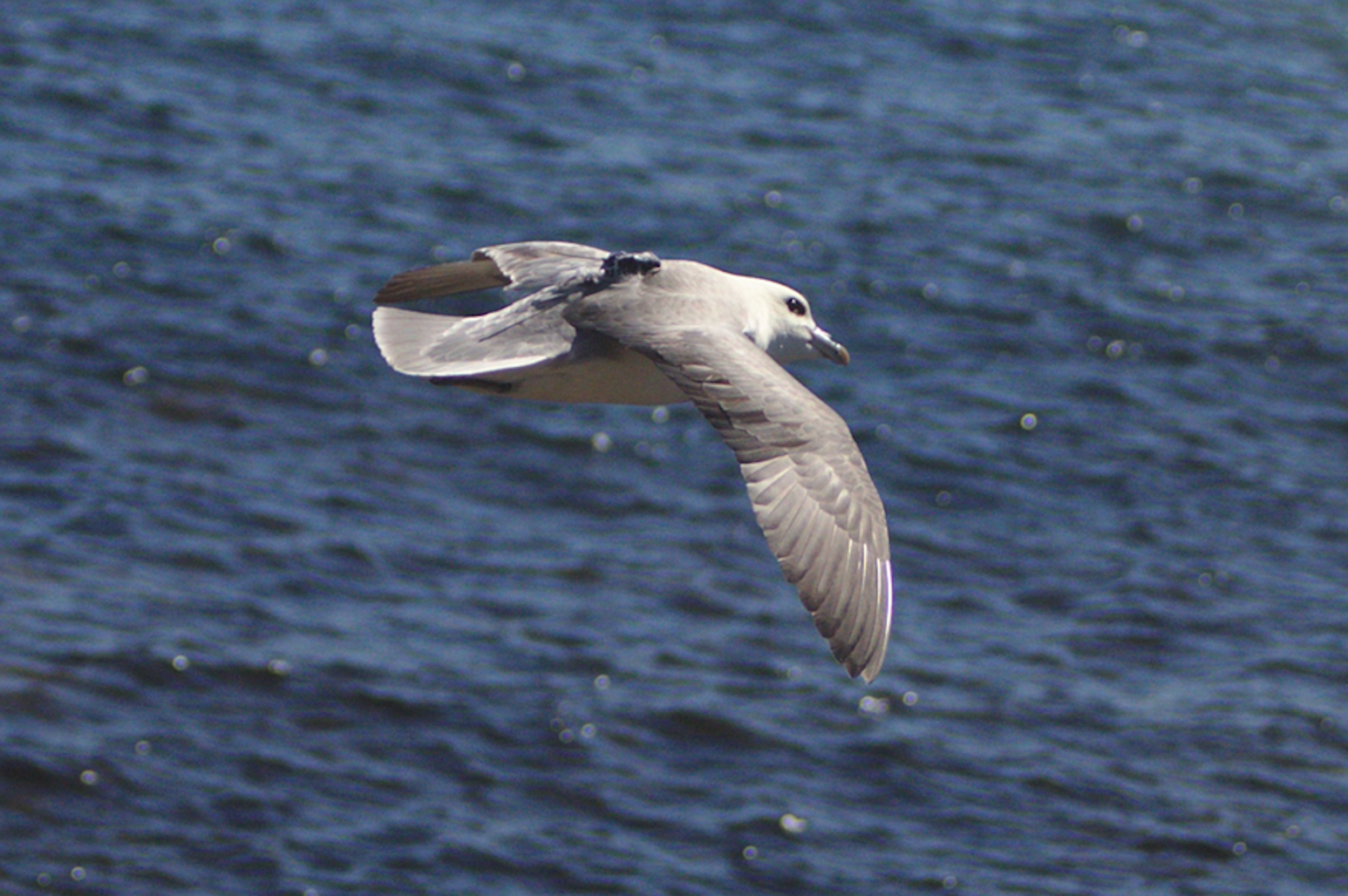The behaviour and distribution of far-ranging pelagic-foraging seabirds

Seabirds are subject to numerous impacts, with populations declining globally. This research will fill critical knowledge gaps in the behaviour, distribution and vulnerability to human impacts of wide-ranging and declining seabird species. By tracking individuals at sea, we can gain insights into preferred habitats and the likelihood of encountering human activities such as fisheries, windfarms and oil & gas infrastructure likely to impact populations through bycatch, collision, and oiling. The development of tracking and biologging technology in recent years enables us to focus on fine-scale behaviours and anthropogenic interactions at high spatiotemporal resolution. Birds will be tracked during the breeding season and during migration to determine when they are most likely to be impacted. The effect of sea-surface oil pollution on feather structure will also be investigated, with a focus on how it may compromise thermal insulation, structural integrity, buoyancy and survival.